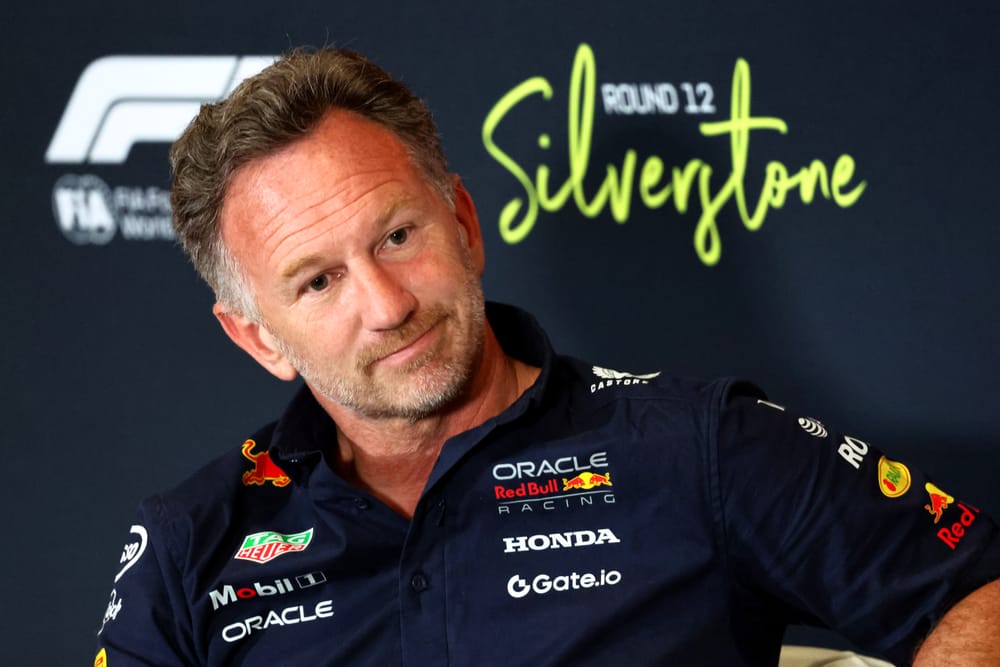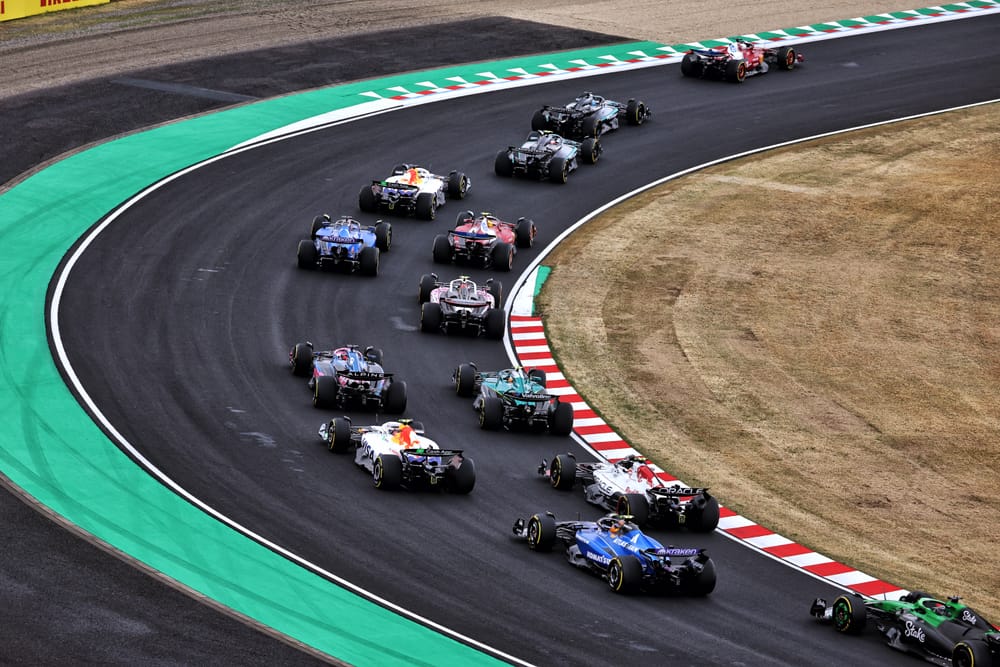After more than 20 years at the helm of Red Bull's Formula 1 team, Christian Horner did not want his staff to find out his departure via a press release.
So having been informed by senior management at the energy drinks company on Tuesday that he was being released from his operational duties with immediate effect, he requested the news be locked down.
Plans to issue a media statement were parked until he could address the factory himself to let them know.
That gathering happened at Milton Keynes on Wednesday morning as Horner told his troops of his "shock" that he would no longer lead them into battle. The British Grand Prix had been his last race in charge.
After an emotional goodbye speech - which included a tear or two - Horner received a five-minute standing ovation before he packed his things up and headed for the door, perhaps never to return to the Milton Keynes campus he helped create.
Shortly after he left, a brief statement from Red Bull's Austria headquarters confirmed Horner was out - he remains under contract for now, but has been relieved of his operational duties - to be replaced by Laurent Mekies as Red Bull Racing CEO and F1 team principal with immediate effect.
Bombshell news
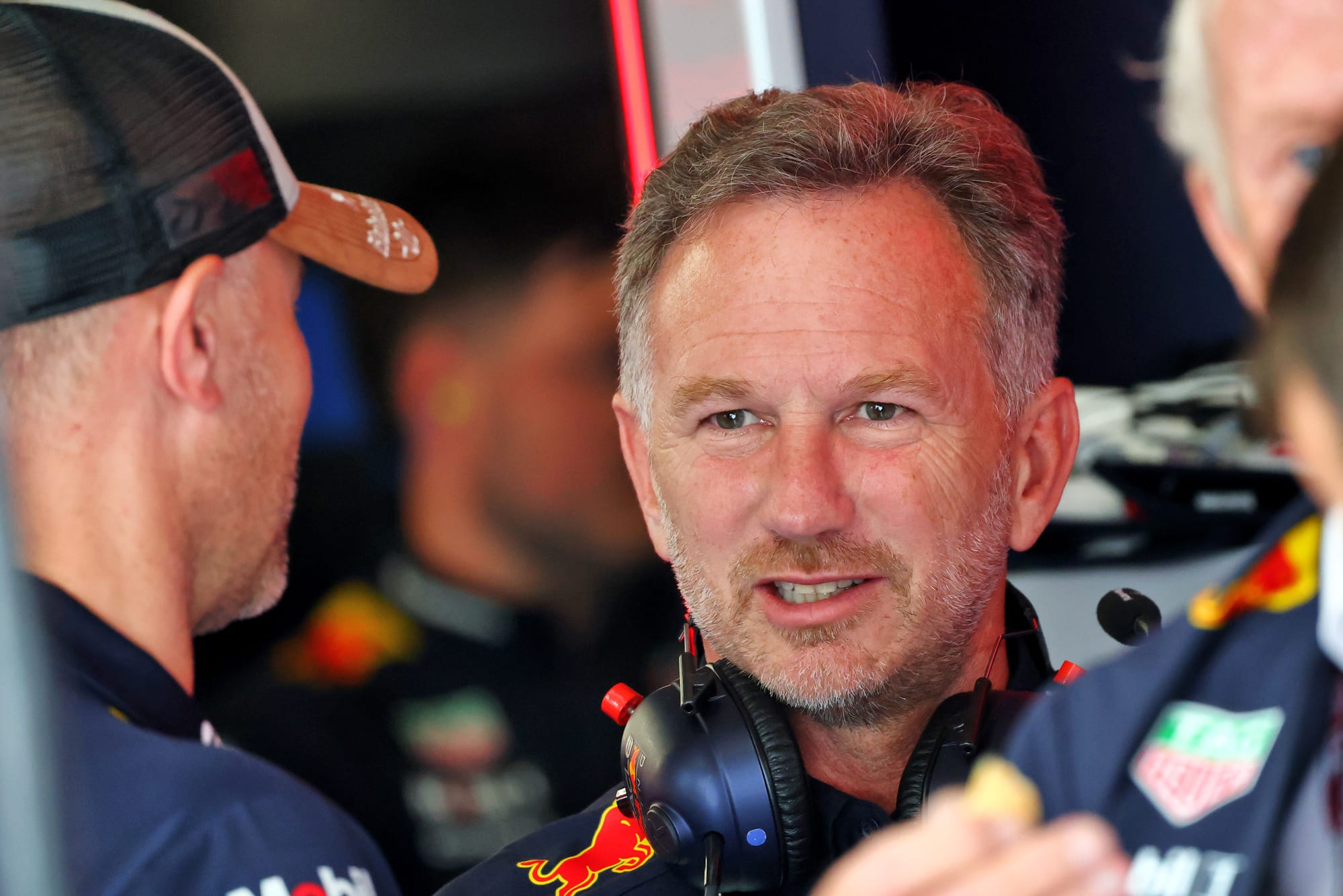
As team boss departures go, this was an unexpected one and came off the back of a campaign that while not living up to expectations has been far from disastrous.
After all, a Red Bull car was on pole position only last weekend and could well have won if the British weather had not intervened.
Horner's exit is a situation that has prompted as many questions as it has answers, with a lack of clarity and no official comment from Red Bull's senior management so far about what the catalyst was for making the change now.
In fact, sources have indicated that Horner was offered no explanation himself for why Red Bull top brass elected to move without any prior warning when they informed him he was out on Tuesday.
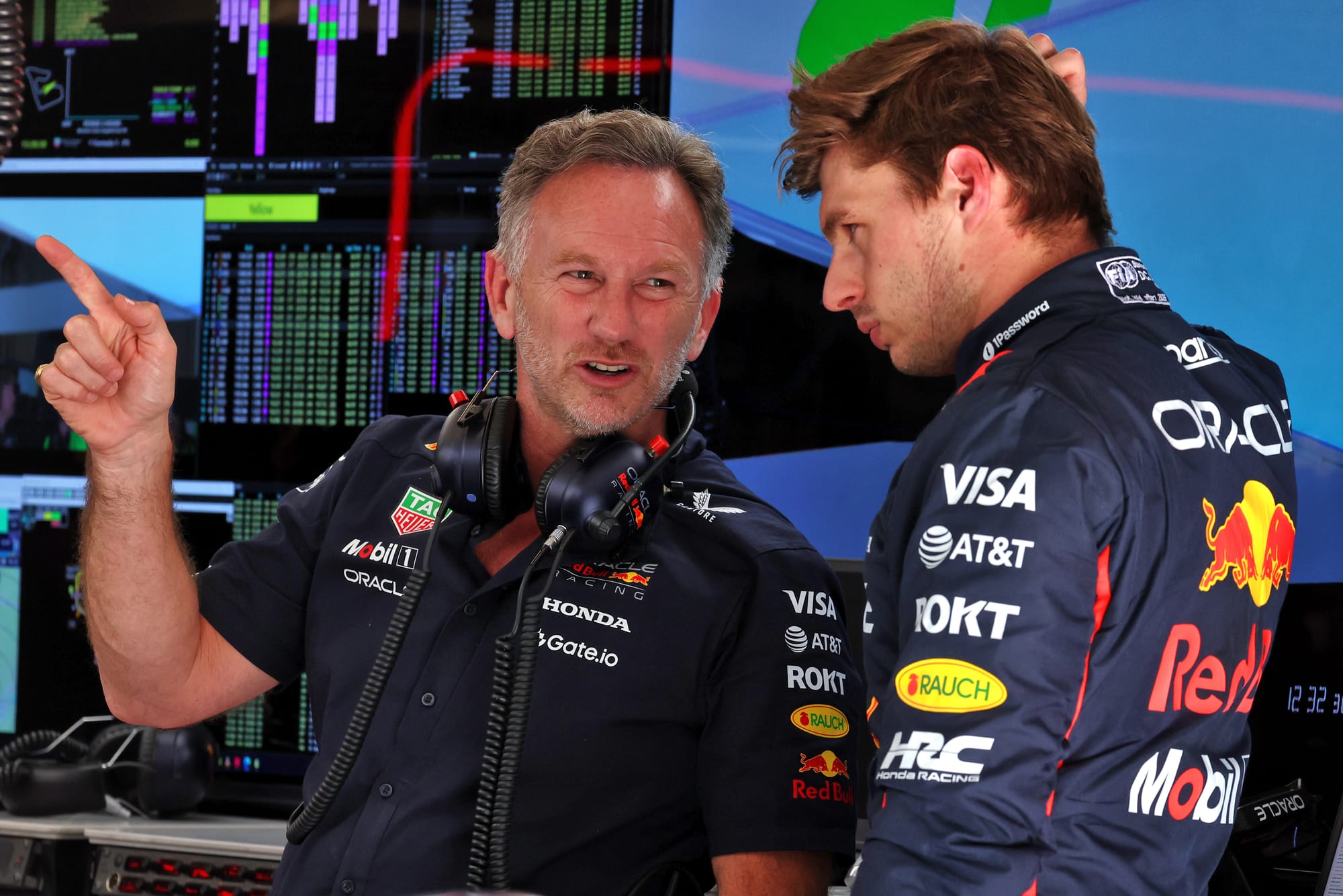
The wider Red Bull group's short statement - followed on Wednesday evening by one from the F1 team in which Horner was only referenced by way of a quote from Red Bull CEO of corporate projects and investments Oliver Mintzlaff - is the only information it is releasing, and Horner himself is unavailable for comment. The team's group director of communications Paul Smith has also departed, along with group chief marketing and commercial officer Oliver Hughes.
What does appear certain though is that this was nothing to do with the allegations made against Horner by a female employee last year.
Red Bull had investigated that itself at the start of last year and cleared him of wrongdoing, so it made no sense for that suddenly to become a factor again now.
On-track performance does not explain everything either. While the 2025 campaign has not been a stellar one for the team, it has still won two races and taken four pole positions - tallies that no team other than McLaren has achieved.
Its fourth place in the constructors' championship does not really reflect the pace of the car (in lead driver Max Verstappen's hands, at least), but overall the season is far from the kind of disaster that would normally prompt an immediate sacking.
Jealousy and power
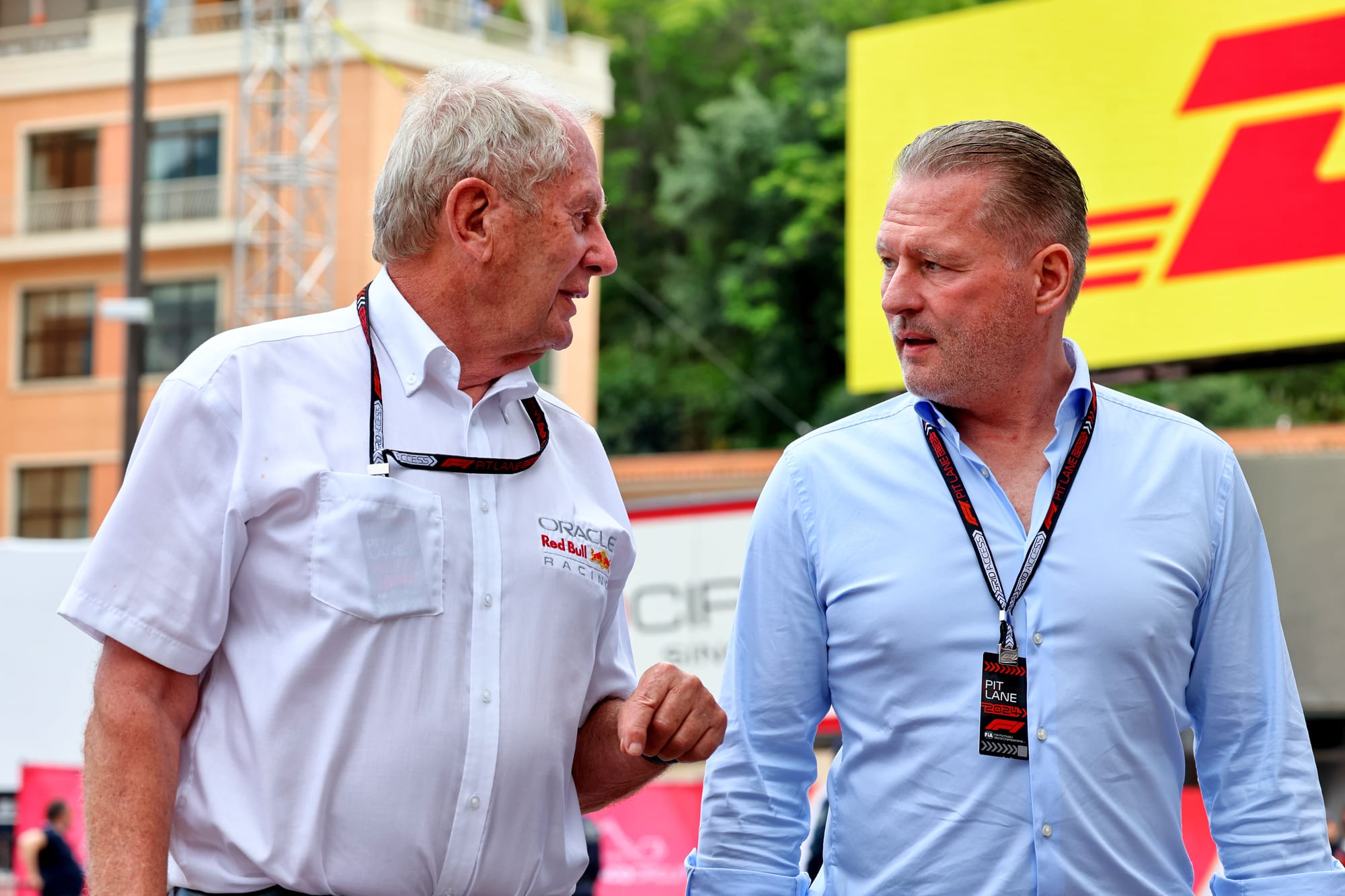
The best theory that has emerged as to what really brought things to a head is that this was a decision that revolves around control of Red Bull's F1 operation - where perhaps some factions were unhappy about how much power Horner had.
Beyond Horner's role as team principal of Red Bull, he was also CEO, head of powertrains, and had pretty much also exerted control over Racing Bulls and its marketing operation.
It is suggested that some within the wider Red Bull structure had become jealous and feared that the squad was rapidly becoming 'Horner Racing' rather than 'Red Bull Racing'.
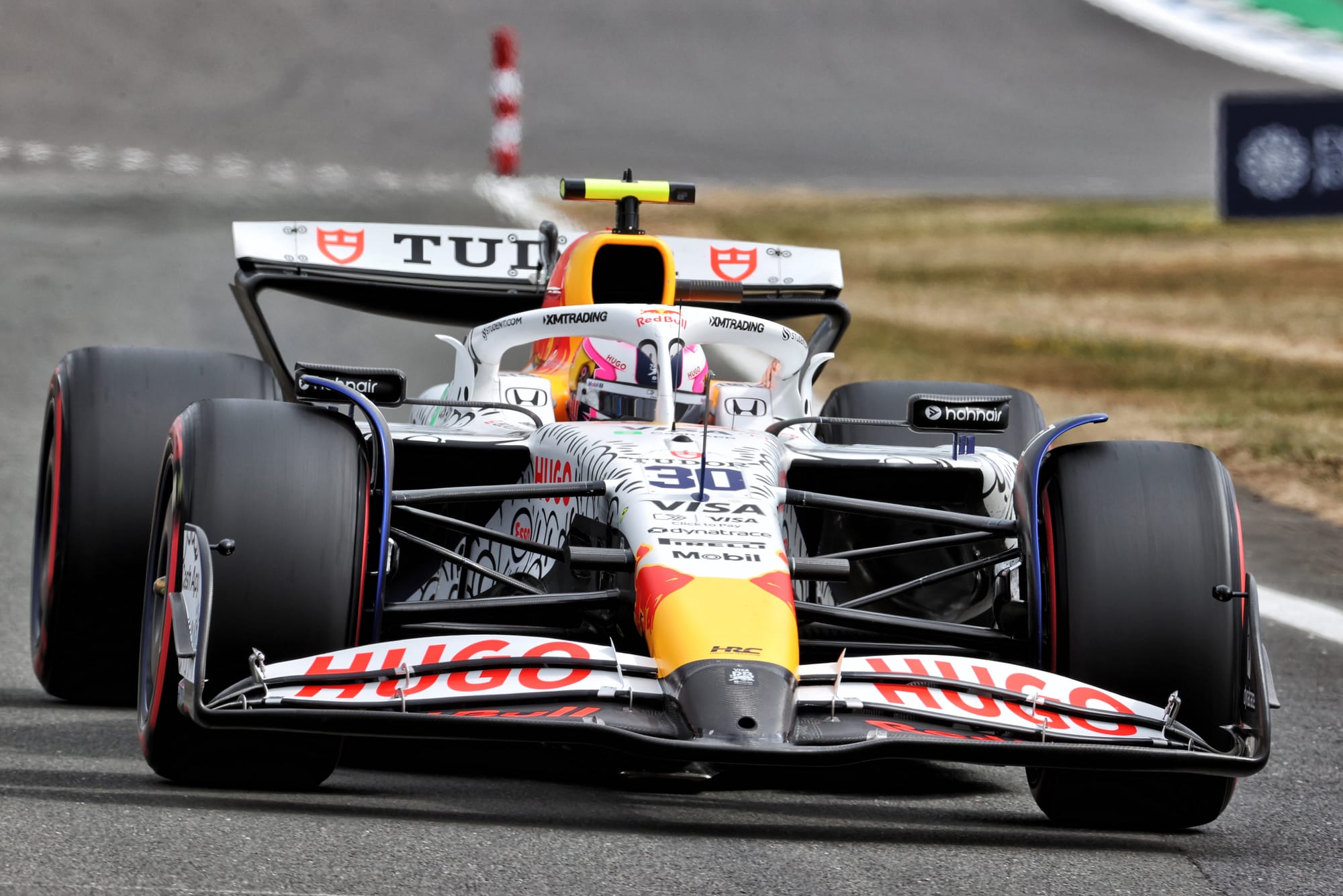
This could explain why there had been some subtle shifts in recent weeks to realign Horner's sphere of control within the empire, pulling him away from areas that he had previously been in charge of.
Back in 2023, for example, Horner had been central in telling Mintzlaff that he had two options for the then underperforming AlphaTauri squad: sell it, or let him sort it out.
Mintzlaff chose the second option, with Horner thus playing a significant role in reshaping the organisation.
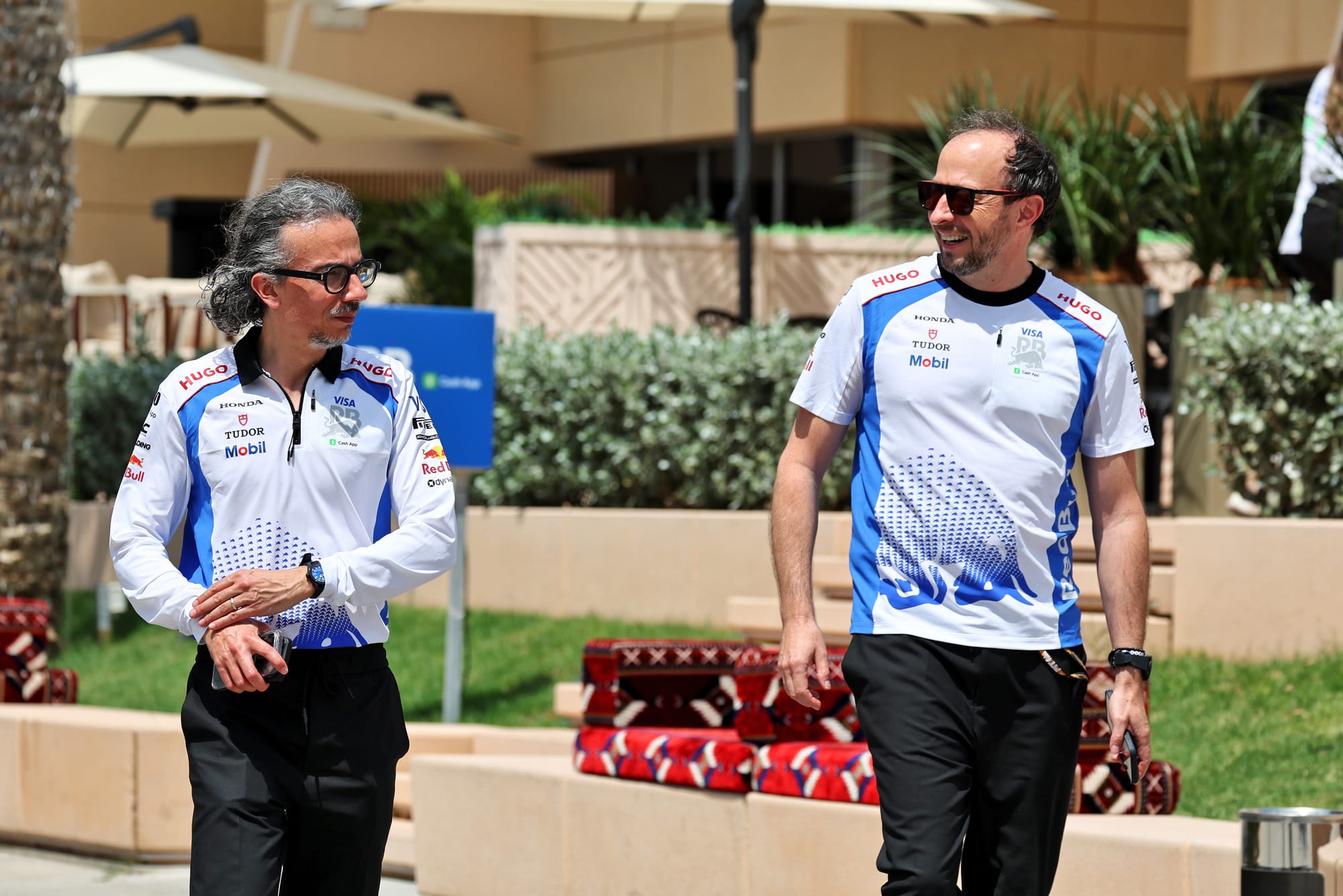
He got Mekies on board as team boss, slotted Peter Bayer in as CEO, and helped pull together the Visa and Cash App deals that remain on the car today.
Recently, however, it is understood that Red Bull wanted to take back more control of the Racing Bulls operation, pulling marketing away from Horner and empowering the Faenza side with Bayer and Mekies more.
There are also suggestions that there had been some dialogue, amid the current on-track troubles, of Red Bull wanting to split Horner's responsibilities even in Milton Keynes - so he was not spread too thinly across both the racing team and its new powertrains division.
One idea was for Horner to move back towards a simple Red Bull team boss role, with someone else put in charge of powertrains.
But Horner never saw his strength in simply being a team principal who ran operations at the track and reported into others.
Horner was always of the belief that to succeed in F1, the person in charge had to be master of the team's destiny. And that meant being in charge of everything.
It was this need for total control, for example, that scuppered a potential works deal with Porsche from 2026 as Horner argued corporate interference risked robbing Red Bull of its core strength of being a nimble racing team.
Only last weekend, at the British GP, Horner spoke about the team organisation at Red Bull and how it was one that he believed was critical to making it a crack squad.
"At Red Bull Racing, I have a clear structure that reports into me, similar to probably Andy [Cowell] does or Toto Wolff does, where you have the main faculties that report into me," he said.
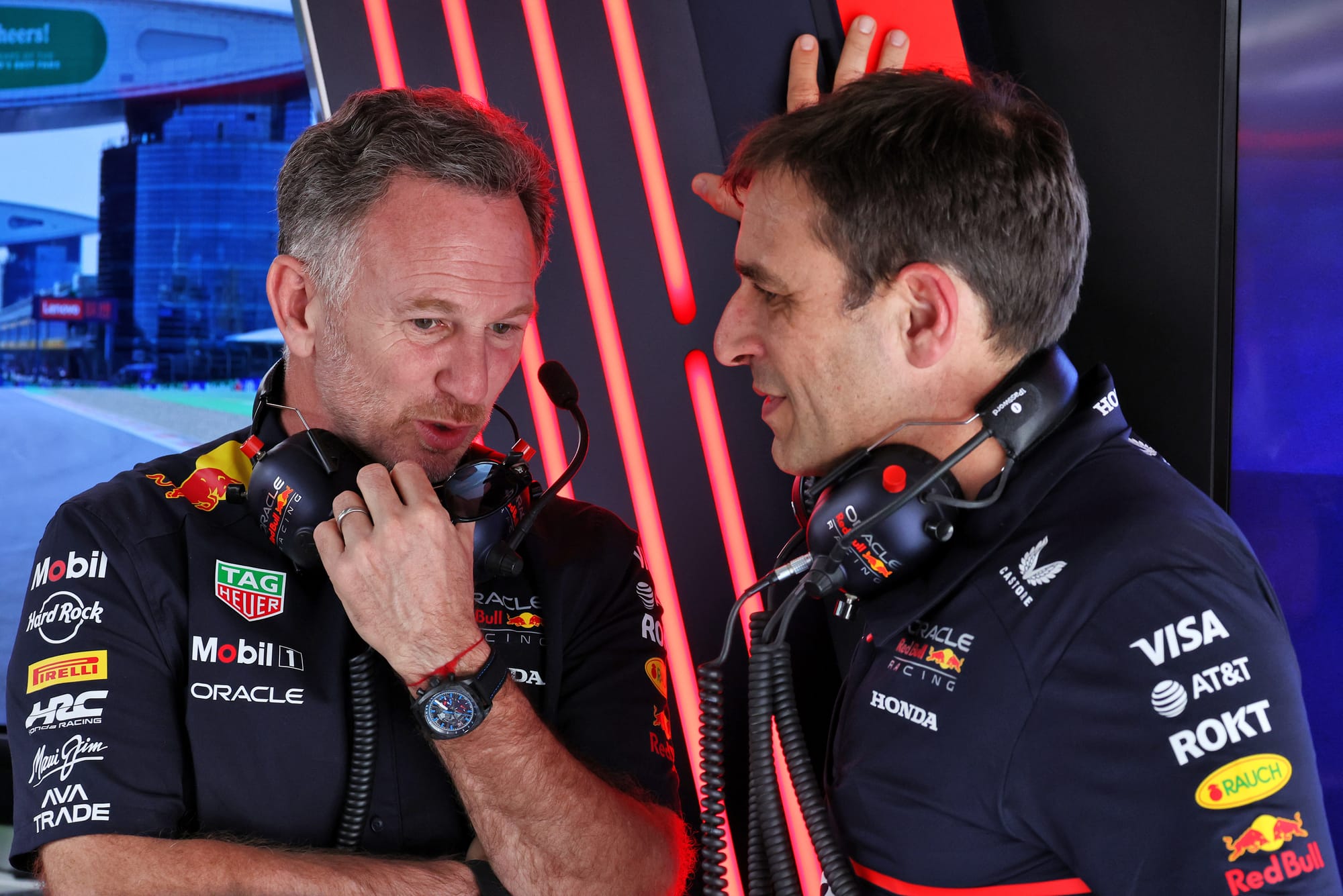
"Pierre Wache [technical director, pictured above right] probably performs 80% of the role that perhaps Andrea [Stella] does at McLaren. It's just a different job title, different functions, different set-up. It's a set-up that's worked incredibly well for us on track and off track.
"We have a very tight senior management, a very strong structure. We've got strength in depth.
"We don't feel, and I certainly don't feel, that there's a need to change or tune it. Of course, you're always tuning as an organisation and optimising, but our structure, the way it is positioned, is very, very clear."
But what worked for Horner perhaps did not work for others within the Red Bull empire, and it has long been suggested that Red Bull advisor Helmut Marko had long wanted to push back against Horner having too much power.
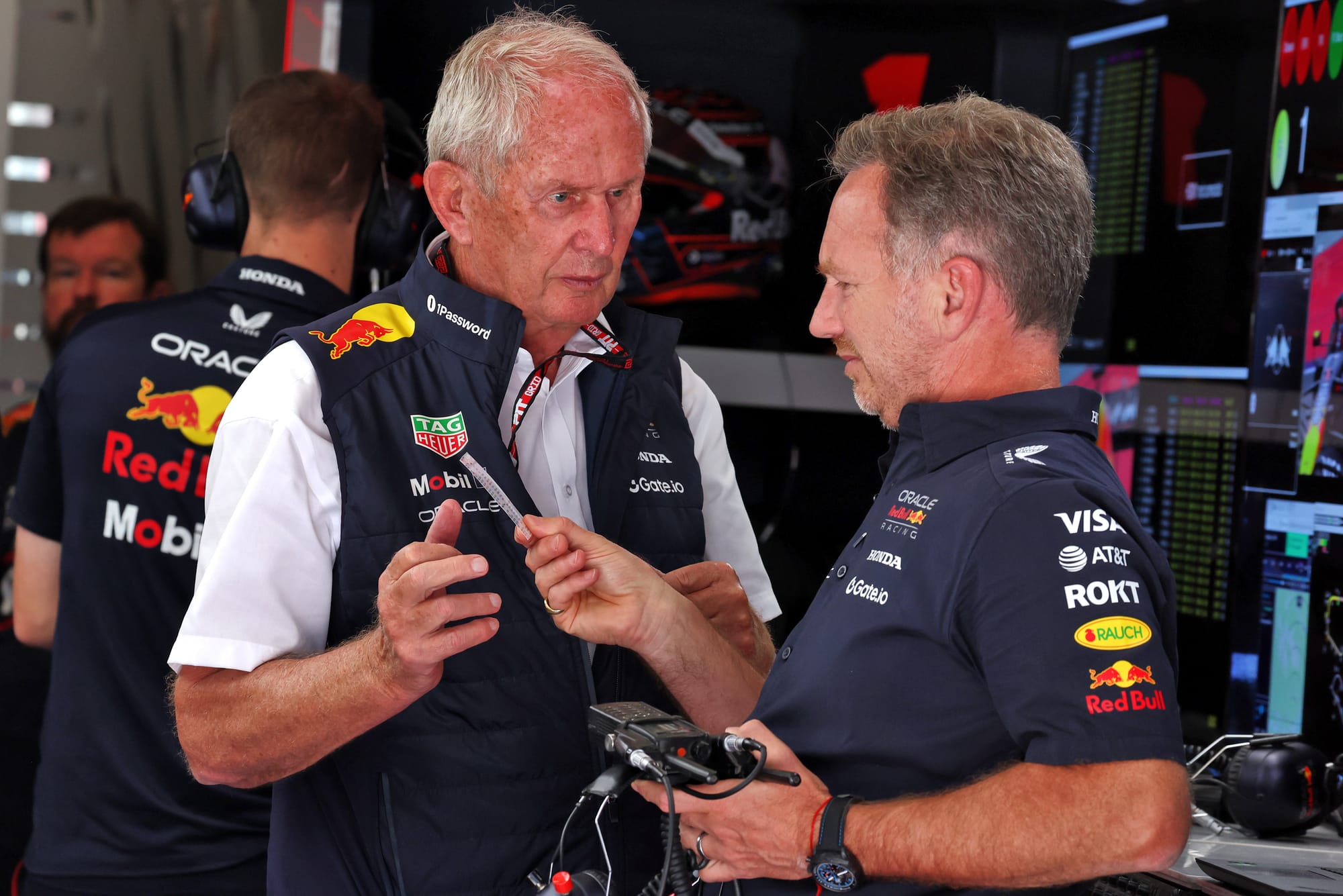
Marko also had a close axis with the Verstappen camp, with it widely known that Jos Verstappen was not a huge fan of Horner.
It was Verstappen Sr's bombshell comments after the 2024 Bahrain GP - when Horner was still in the spotlight for the allegations made against him - that lit a fuse in an internal civil war within Red Bull.
"There is tension here while he remains in position," Verstappen told The Daily Mail at the time. "The team is in danger of being torn apart.
"It can't go on the way it is. It will explode. He is playing the victim, when he is the one causing the problems."
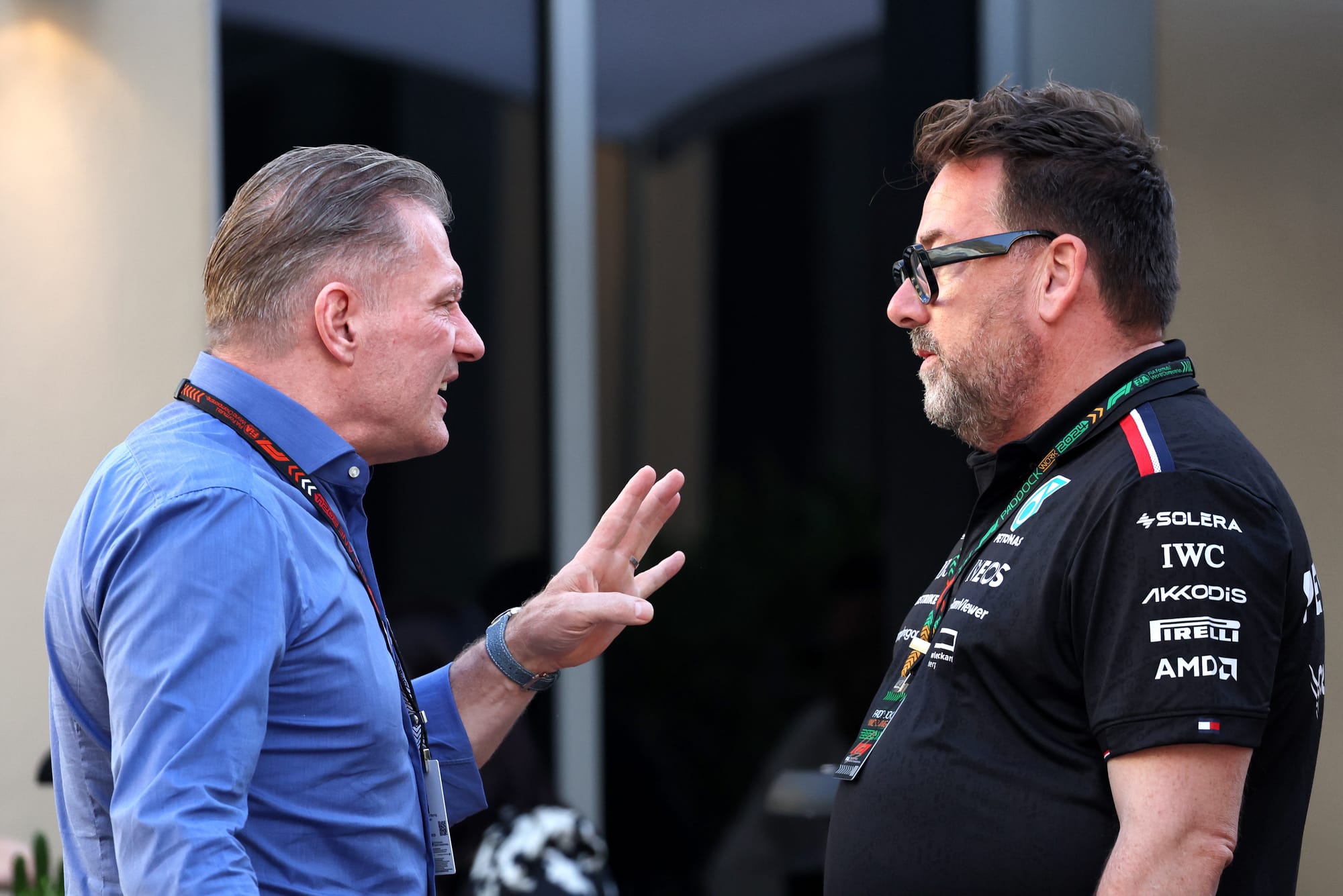
Just a week later it emerged that Marko had changed clauses in Verstappen's contract to allow the Dutch driver to become a free agent if Marko was axed.
This ensured Marko's own position was safe amid speculation that he was at risk of being ousted as the power battle raged behind the scenes.
Horner ultimately weathered all the politics against him through the start of 2024 to help deliver Verstappen's fourth title, even though Red Bull ultimately lost its constructors' crown.
The Verstappen element
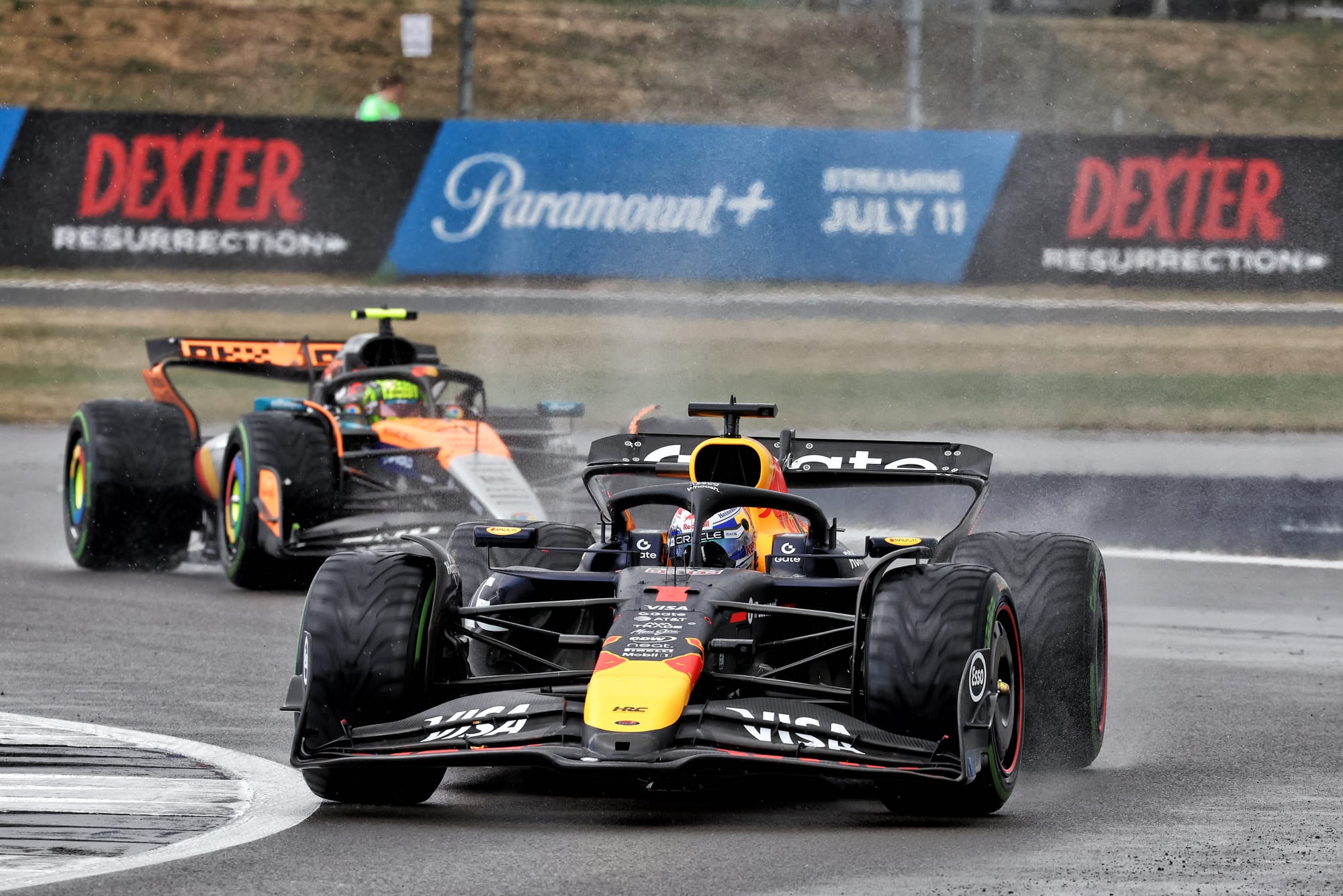
The tides had clearly shifted within the organisation in recent weeks though, and perhaps it was all related to Verstappen's own future with the squad.
With Verstappen himself refusing to commit wholeheartedly to Red Bull, and a performance clause where if he is not in the top three of the championship by the end of this month leaving him as a free agent, matters were clearly reaching a critical point.
At the moment, Verstappen is third. But with George Russell only 18 points behind him, it is not impossible that the situation changes and he drops to a fourth spot that could leave the door open for an exit.
The talks that Verstappen's camp had with Mercedes showed that there were viable options elsewhere, and perhaps Red Bull Austria felt that it needed to do something to give Verstappen belief that it was changing things to do better in the future.
Horner exit latest
What led to Red Bull's biggest F1 bombshell yet
Mark Hughes: Only losers from Red Bull's shock Horner firing
Our verdict on Red Bull's shock Horner sacking
The need to turn things around also has some urgency, with the performance clauses in Verstappen's contract understood to be weighted even more heavily in his favour in future years - leaving the exit door more likely to open.
There is no suggestion that Verstappen himself was involved in any push to make a change of team principal. All he really cares about is getting his hands on the fastest car.
However, others may well have used his situation and recent frustrations, plus the doubts about his future, to strengthen their hand in convincing Mintzlaff that the time was right to pull the trigger and make a seismic change.


